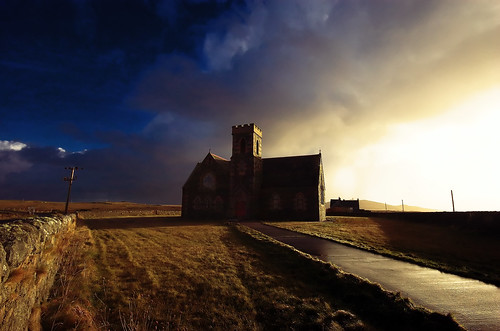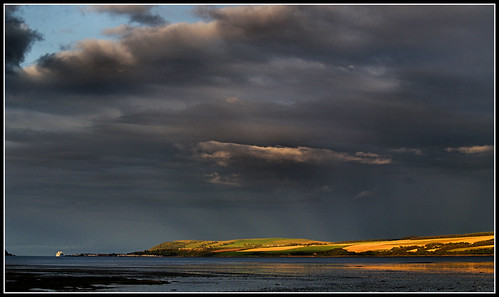
The Christian zealot, when he is alone with God, throws his whole heart into his service. Whatever may be the grace which is in exercise, he seeks to have it thoroughly and actively at work. If his heart he given to God, it is a heart full of holy fire, like a sacred censer. If he devote himself in private to any hallowed deed of fellowship or communion with God, his heart wanders not, or if it wanders, he contends with it until he has bound it with cords, even with cords to the horns of the altar. Brethren, I wish you and I were more zealous. Alas! I have to complain of myself that when I try to pray, full often I cannot; when I would do good in the closet, evil is present with me. I would I had power to walk with God as Enoch did, but the cares even of the Church, let alone the vanities of life, will creep in, and the soul comes out of the closet unrefreshed, very much because it has had no zeal in its closet exercises. The true Christian zealot seeks above all things to make his private religion intensely energetic, knowing that it is the vital point of godliness.
The Christian zealot may be recognised very manifestly by his prayers. Hear his utterance in the prayer-meeting. It is no repetition of a set of sacred phrases, no going over the metaphors which have become timeworn and tedious, but he prays like a man who means it, He comes up to heaven’s gate, grasps the knocker, and knocks, and knocks, and knocks again, waiting until the door is opened. He gets hold of the gates of heaven, and labors to shake them to and fro as though he would pull them up bolts and bars and all, as Samson did the gates of Gaza, rather than not prevail with God. These men, like Elias, have power to shut up heaven or to open the gates thereof. Oh, that we had more of such in our own midst. We have a few who, as soon as they stand up to pray, fire our hearts by their earnestness; may they be multiplied. The like is true of course of the private prayers of the Christian as well as of his public ones. Oh, brothers and sisters, we want more resolve when we go before God that we will have the blessing, more determination that seeing we are asking what is according to his mind we will take no denial, but will say to the angel,
“I will not let thee go except thou bless me.”Christians, seek to be zealots in prayer, pouring out your hearts like water before the Lord, and crying out with sighs and tears till like your Master you have been heard in that which you have feared.
From a sermon entitled "Zealots," delivered July 16, 1865. Image by Lida Rose under Creative Commons License.

















































